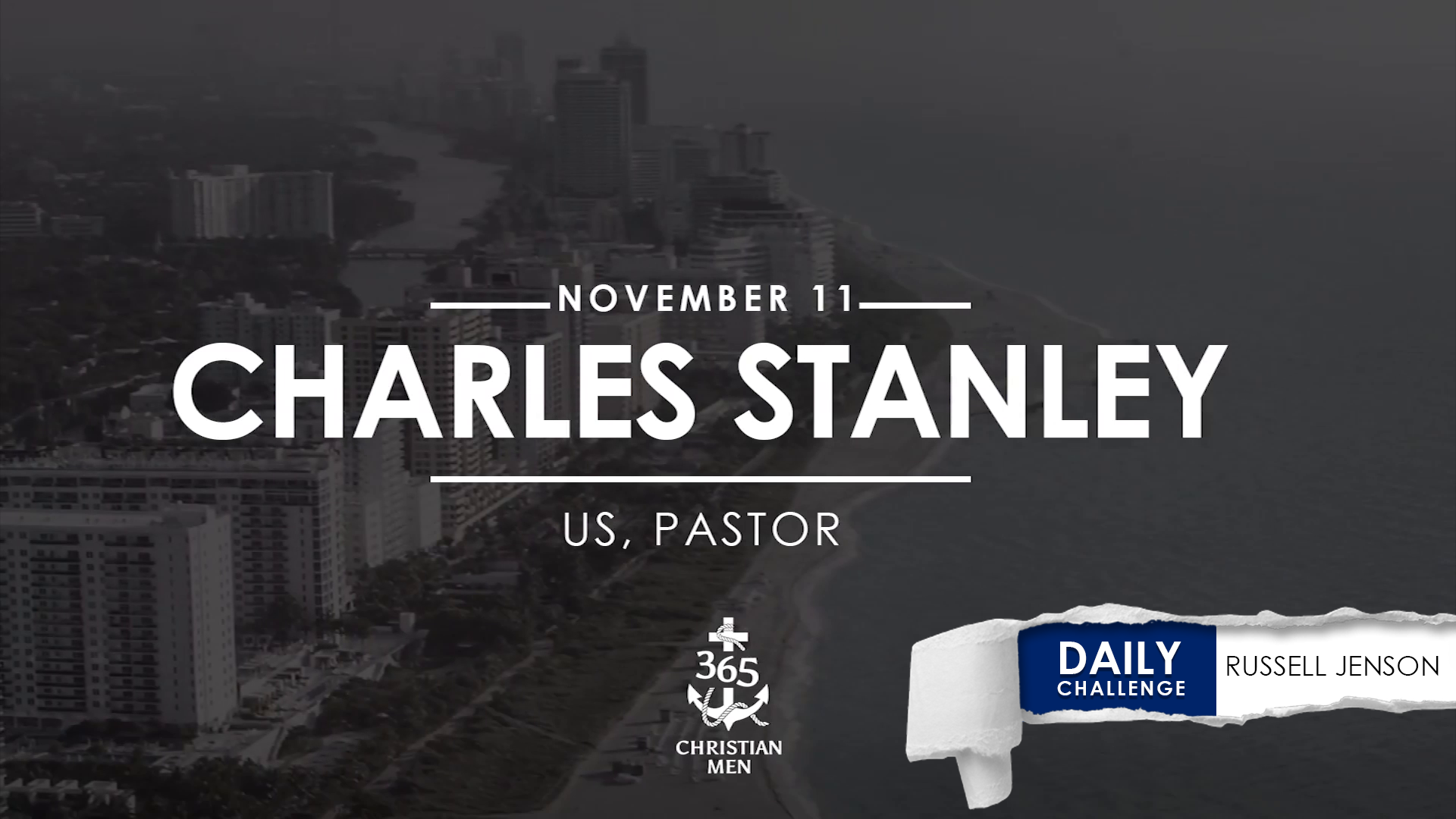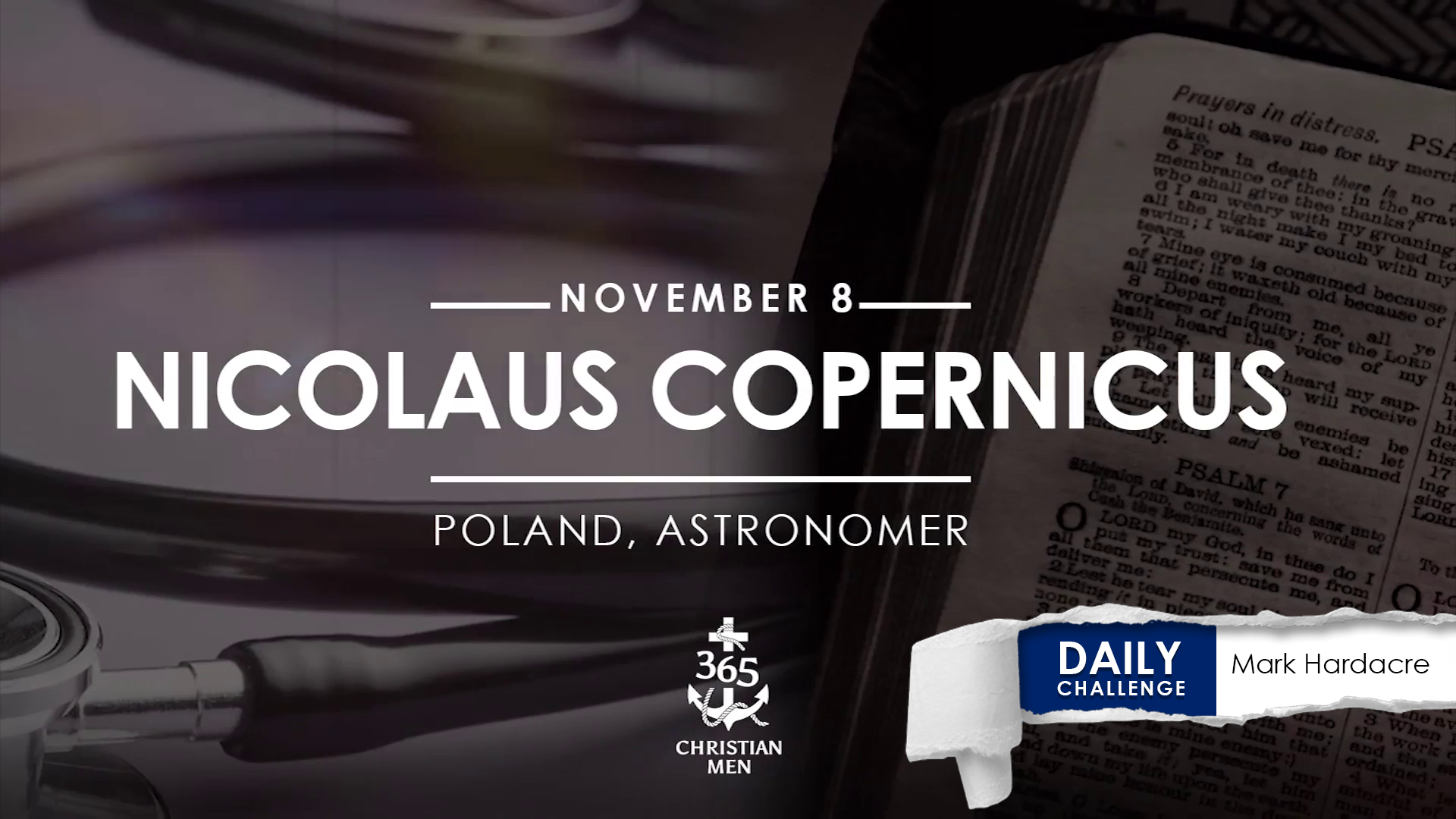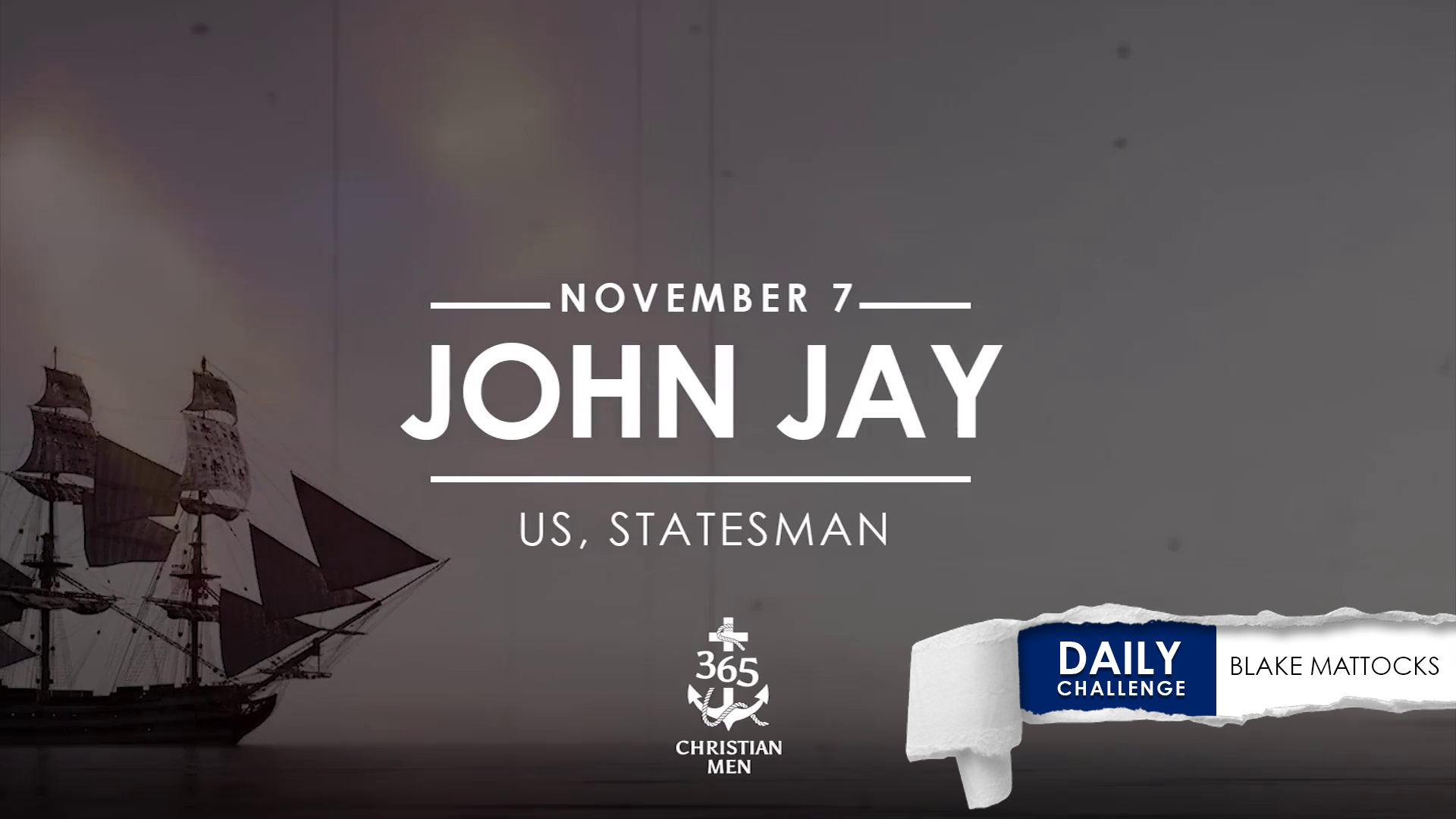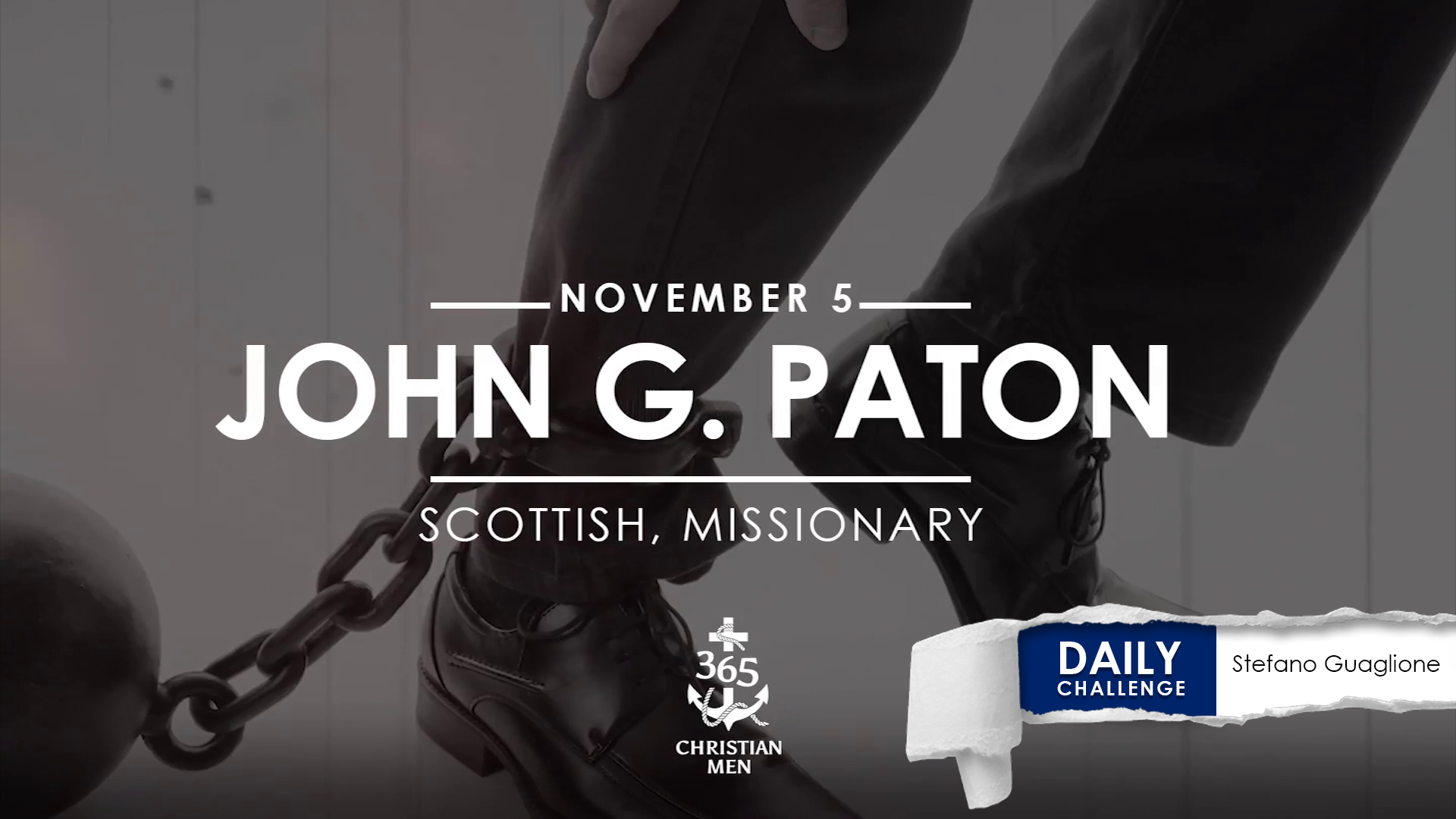November 12. Reinhard Bonnke. On this date in 2017, 77-year-old evangelist Bonnke preached his last crusade. In his lifetime, he had led more than 78 million people to Christ.
He preached across the African continent with week-long rallies, droves of people, big tents, effective PA systems, and local-language translators. Sometimes, at the end of a talk, he asked for anyone in the crowd who was hearing from God to come up and take the microphone.
“His message of redemptive hope became important, particularly in African nations affected by drought, civil strife, and other tragedies.”
“His pioneering, militant approach of open-air crusades was informed by our context. Like the biblical St Paul, he was aware that he was confronting strong evil forces,” says Mr. Mamboleo, a Kenyan pastor who organized Bonnke’s crusades in East Africa.
And every time Bonnke preached, he told how God broke into his family. Here’s how it happened.
God does impossible things in impossible situations with men who are willing to obey.
Back in Germany in 1922, a retired American named Luis Graf was returning to his German roots. And this man had a fire in his belly for his people to encounter the power of God—the same power Graf had encountered at the Azusa Street Revival just a few years earlier.
His Mercedes rolled through the winter landscape of the East Prussian forest. He spotted a bakery in a small village and stopped.
The baker—shiny bald with a handle-bar mustache—emerged from the storefront.
“Good day to you, sir,” the Mercedes-driving businessman said. “I am Luis Graf, a servant of God.… I was on my way to Konigsberg.… Can you tell me what village I have found?”
With a suspicious smirk, the baker said, “This is Trunz.”
“Trunz. I’m not sure I’ve heard of it.” He chuckled good-naturedly. “I’m more lost than I knew. But that’s not a problem. I am sure the Lord has led me here to preach the gospel. Hallelujah!” Graf was excited at the possibilities of what God had in mind, but the people were not ready to hear him preach yet. “Tell me, is anyone sick in your village?”
A boy on a bicycle stopped to admire the car. “As a matter of fact, there is someone sick here, someone very sick,” the baker said.
The baker and Graf talked about religion a bit, and Graf looked for a way in, a way to help this town be ready to hear the gospel. Just then, Graf heard a scream from a nearby house. “Who is that?”
“That is August Bonnke, the owner of the town mill and this bakery,” the baker said. “He cries out in pain day and night.”
“May I pray for him?” Graf pleaded.
“Hermann,” the baker shouted to the 17-year-old boy admiring the car. “Tell your father that a preacher is here to pray for him.”
Graf followed the boy and—as if he had a mandate from heaven—stepped into the Bonnke household
Graf “announced that the Holy Spirit had been sent for a demonstration of the power of God that could make all things new. He took the sick man by the hand and commanded that he rise and be made whole in the name of Jesus.
“August felt a jolt of heaven’s power surge through his body. He leapt from his sickbed and stood trembling like a criminal around whom the walls of a prison had just fallen.” August Bonnke gave his life to Jesus that day.
That was eighteen years before Reinhard Bonnke [son of Hermann] was born, but the Holy Spirit continues the work that began in that sickroom—that day in 1922.
“I could not stand ablaze with the Holy Spirit today if this forgotten brother had not carried the flame to the Bonnke family so long ago. It is the debt … I owe to a man named Luis Graf.”
“And my message and my preaching were not in persuasive words of wisdom, but in demonstration of the Spirit and of power” (1 Corinthians 2:4 NASB).
The smallest act of obedience is better than the greatest intention. Pray for an opportunity to be God’s spokesman and expect an opportunity. God does impossible things in impossible situations with men who are willing to obey.
“Reinhold Bonnke: Biography.” Christ for All Nations. Accessed August 8, 2020. https://cfan.org/reinhard-bonnke.
Bonne, Reinhold. Interview by Pat Robertson. “Reinhold Bonnke: A Life on Fire.” CNN. Accessed August 8, 2020. https://www1.cbn.com/700club/reinhard-bonnke-life-fire.
Masai, Jesse. “Reinhard Bonnke: The man who changed the face of Christianity in Africa.” BBC News. Published December 18, 2019. https://www.bbc.com/news/world-africa-50781193.
Story read by: Chuck Stecker
Story written by: Shelli Mandeville, https://worthy.life/














